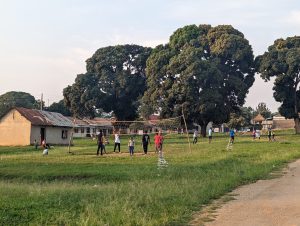Despite tremendous global efforts to achieve high vaccine coverage and community immunity against Covid-19, widespread vaccine hesitancy has become a major hurdle.
To examine the factors that influence global Covid-19 vaccine acceptance, intention, and hesitancy, CUNY SPH Professor Ashish Joshi, Distinguished Professor Denis Nash, Dean Ayman El-Mohandes, and colleagues conducted a scoping review published this month in Frontiers in Public Health.
In their review of 22 Covid-19 vaccine survey studies, the researchers found that variables such as trust in authorities, risk perception of Covid-19 infection, vaccine efficacy, current or previous influenza vaccination, and vaccine safety all affected vaccine acceptance.
The review also showed great variability in global vaccine acceptance and hesitancy over time. In March 2020, the average vaccine acceptance observed was 86 percent, which dropped to 54 percent in July 2020, and later increased to 72 percent in September 2020. Globally, the average rate of vaccine hesitancy in April 2020 was 21 percent, which increased to 36 percent in July 2020 and later declined to 16 percent in October 2020. This inconsistency in vaccine acceptance and high levels of vaccine hesitancy can influence efforts to eliminate Covid-19, the authors say.
Addressing the barriers to and facilitators of vaccine acceptance is crucial in implementing effective and tailored interventions to attain maximum vaccine coverage, says Dr. Joshi.
“The main goal to address the causes of vaccine hesitancy is to design, develop and implement tailored interventions based on the individuals’ concerns and parameters,” he says. “Apart from that, planning mass vaccination drives involves addressing concerns such as logistics including manufacturing, storage, transportation, cost, and equitable distribution.”
“This review could help bridge the knowledge gaps and facilitate formation of effective strategies to overcome the high levels of hesitancy related to the Covid-19 vaccine, increase its uptake, and mitigate the pandemic as well as help global stakeholders to conduct Covid-19 vaccination drives and promote vaccine uptake,” says Dean El-Mohandes.



